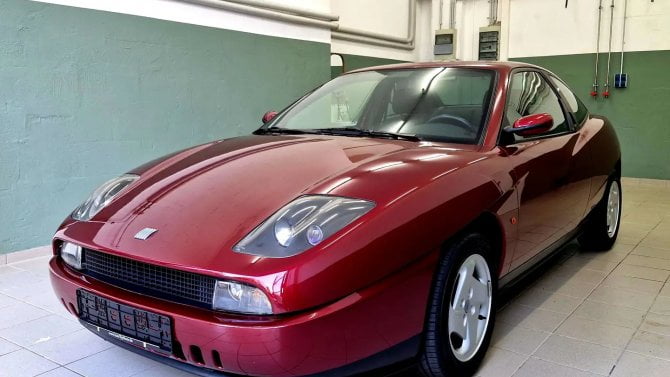...
BRUSSELS, Sept 3 (Reuters) - Poland said on Monday it would try to reform the European Union's top court to give more senior posts to experts from new EU member states, a move that might further complicate talks on the bloc's new treaty.
Foreign Minister Anna Fotyga said Warsaw wanted to increase the number of influential advocates general at the European Court of Justice from the current eight, five of whom now come from the EU's biggest member states.
Poland's conservative government of Prime Minister Jaroslaw Kaczynski, likely to face an early election this year, has portrayed the EU as an area wracked by intense power struggles between member countries, earning it a euro-sceptic reputation.
Advocates general deliver opinions on cases before the increasingly powerful, Luxembourg-based court. Final judgments follow those opinions in a majority of instances.
"Five out of eight posts of advocates general are taken by big member states, whose interests are not always in line with ours," Fotyga told reporters.
"We are keen on having a bigger number of them ... After (the EU's) enlargement there has not been an increase in the number of advocates general," she added, speaking on the sidelines of a conference in Brussels.
The EU's founding Treaty of Rome says that "the judges and advocates general of the Court of Justice shall be chosen from persons whose independence is beyond doubt ...".
The EU took in Poland and nine other, mostly ex-communist states as members in 2004. Bulgaria and Romania joined in 2007.
Under EU law, each of the bloc's 27 member states has one judge at the court but the nationality of advocates general is not defined. EU governments must agree on the appointments by unanimity.
Fotyga said Poland would raise the court issue at negotiations involving EU governments on a new treaty for the bloc on how to reform its institutions after its recent and rapid enlargement.
EU leaders agreed in June on a blueprint of the treaty but negotiations were complicated by the tough stances of Poland and of Britain.
Portugal, the holder of the EU's rotating presidency, hopes to have the treaty ready to be signed by leaders in October. EU foreign ministers are due to discuss it on Friday in Portugal.
The number of advocates general is regulated by the EU treaty.
The court's 2006 annual report showed that five advocates general came from the EU's biggest member states -- Britain, France, Germany, Italy and Spain. New member states were represented by a Slovak official.
Asked if Poland would like a Pole to be an advocate general, Fotyga said: "This would be optimal."
Keywords: EU POLAND/COURT




 Dacia Bigster, o které pořád sní spousta českých zákazníků, se vyrábí. S dieselem stojí zhruba 600 tisíc, ale je tu problém
Dacia Bigster, o které pořád sní spousta českých zákazníků, se vyrábí. S dieselem stojí zhruba 600 tisíc, ale je tu problém
 Ceny dálničních známek v Česku porostou, roční bude od ledna už za víc než 2500 Kč
Ceny dálničních známek v Česku porostou, roční bude od ledna už za víc než 2500 Kč
 Na prodej je devadesátkové Ferrari pro chudé v perfektním stavu. Fiat za půl milionu je lákavá nabídka
Na prodej je devadesátkové Ferrari pro chudé v perfektním stavu. Fiat za půl milionu je lákavá nabídka
 Rakousko končí s nalepovacími dálničními známkami a zdražuje
Rakousko končí s nalepovacími dálničními známkami a zdražuje
 Test Fiat Panda La Prima: Styl za dobrou cenu a automat k tomu
Test Fiat Panda La Prima: Styl za dobrou cenu a automat k tomu
